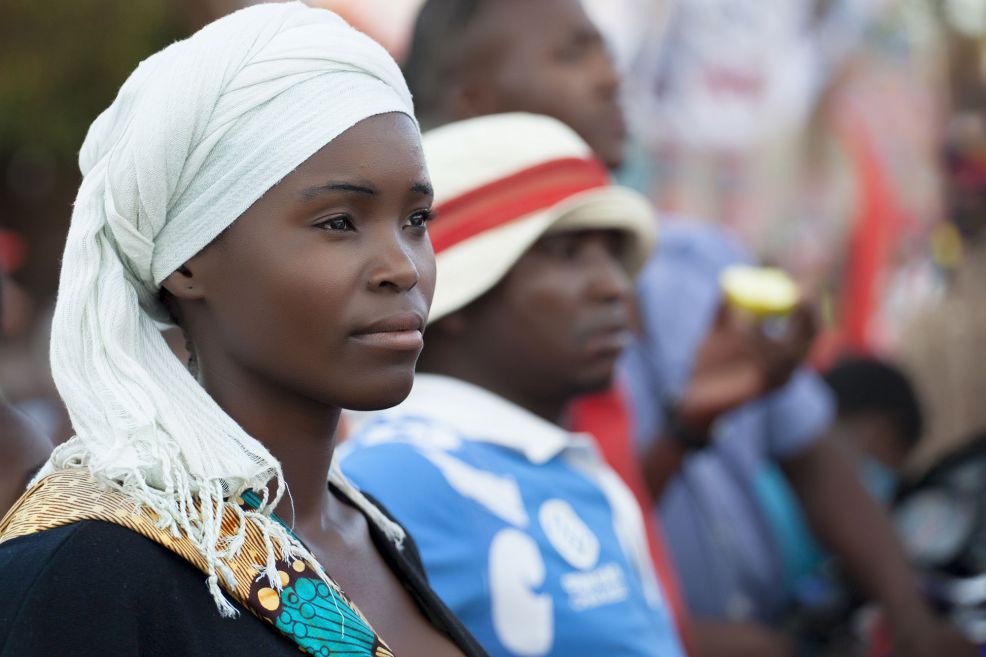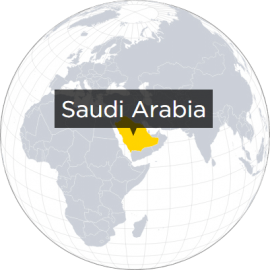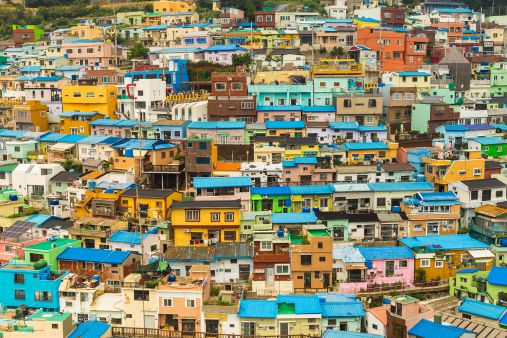In the last 10 years, Mozambique has seen improvements across Health, Education, and Living Conditions. For example, access to basic services and the provision of basic health care has improved, leading to lowering mortality rates and increased life expectancy. Additionally, the country has made significant improvements in education, with the net primary school enrolment reaching practically universal levels (94% in 2018, compared to 89% in 2013).
Mozambique: An illustrative case of prosperity divergence

There are many countries in the bottom 40 group where the phenomenon of unsustainable development can be observed. One such example is Mozambique, even though it is far from unique.
However, Mozambique’s strengthening in these areas, while important for people’s everyday lived experience, does not reflect wider prosperity improvement. This lack of overall progress can be explained by a deterioration in Safety and Security, Personal Freedom, and Governance.
In the last five years, issues relating to Safety and Security have been on the rise in Mozambique, primarily led by an increase in War and Civil Conflict and Terrorism. Since 2017 Cabo Delgado, the country’s northernmost province, has been the scene of a deadly insurrection. The armed group known as Al-Shabab, which is linked to the Islamic State, continues its fight against the government forces, while killing civilians, kidnapping women and children, as well as using boys as soldiers. Meanwhile, Human Rights Watch cites the abuses of the state security forces that include sexual exploitation of displaced women, and the unlawful use of force against civilians.
Additionally, in the last decade, Mozambique experienced a deterioration in all elements of Governance, other than Institutional Trust. Executive Constraints, Political Accountability, Rule of Law, Government Integrity, and Government Effectiveness all declined in this period. That is not surprising, given that endemic corruption has plagued the country for years, with the political culture allowing criminal networks to evade the law and continue the conflict. The prevalence of crime, such as heroin trade and ruby smuggling, has become entwined with the state, leaving it less trusted, and many frustrated. Additionally, in 2019 a corruption scandal emerged as Mozambican officials famously hid a $2bn loan from citizens and international partners, with the scandal still tainting officials at the highest levels today. Therefore, the lack of effective governance has allowed the deterioration of safety and security to persist.
In fact, many of the Mozambican militants are motivated to continue the conflict by their sense of socio-economic exclusion. Despite the existence of major mineral and hydrocarbon resources, the country has seen a deterioration in all fundamental measures of Economic Quality: Fiscal Sustainability, Macroeconomic Stability, Productivity and Competitiveness, Dynamism, and Labour Force Engagement. In 2020 Mozambique saw its first economic contraction in almost three decades due to the Covid-19 pandemic.
While Mozambique was known as one of the fastest-growing economies in Sub-Saharan Africa from 2000–2015, the World Bank points out that job creation, poverty reduction, and human capital accumulation were limited, with most of the substantial wealth generated benefiting limited sections of the economy. Hence, the prevailing narrative that focused on Mozambique’s peace dividends, economic growth, and the promise of the country’s extraordinary natural resources did not materialise. That explains why governance matters
All these issues combine to taint the lived experience of most Mozambicans, despite the increase in the basic measurements of life quality. The improvements in Health, Education, and Living Conditions are not enough to bring prosperity to the country. The trajectory of core economic and governmental pillars, such as Economic Quality, Enterprise Conditions and Governance, needs to reverse course and begin to strengthen.











